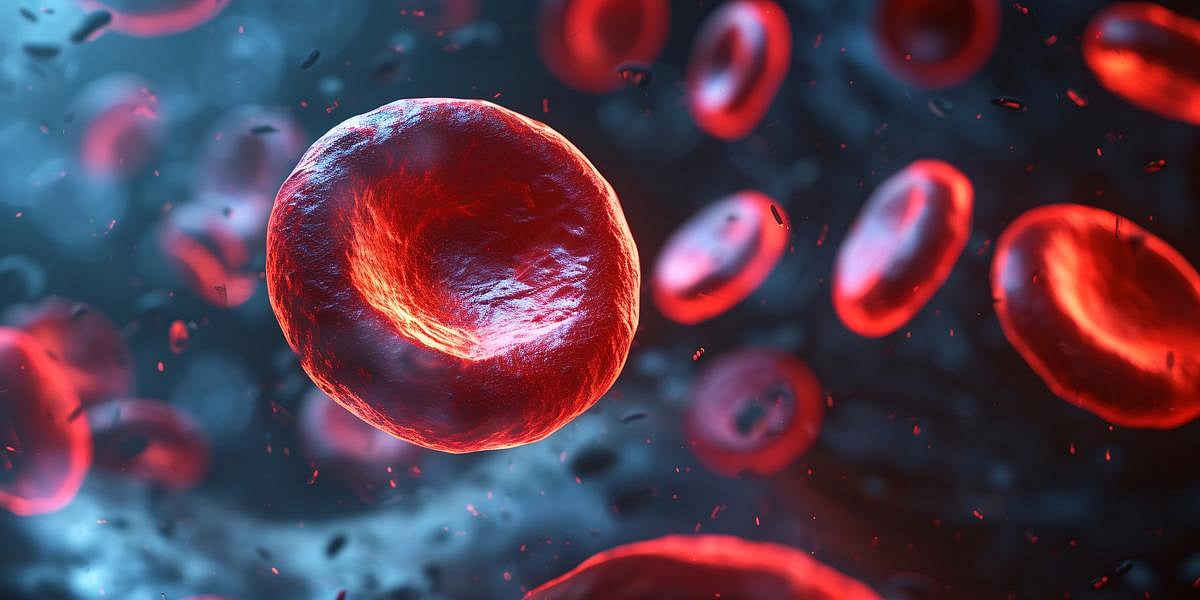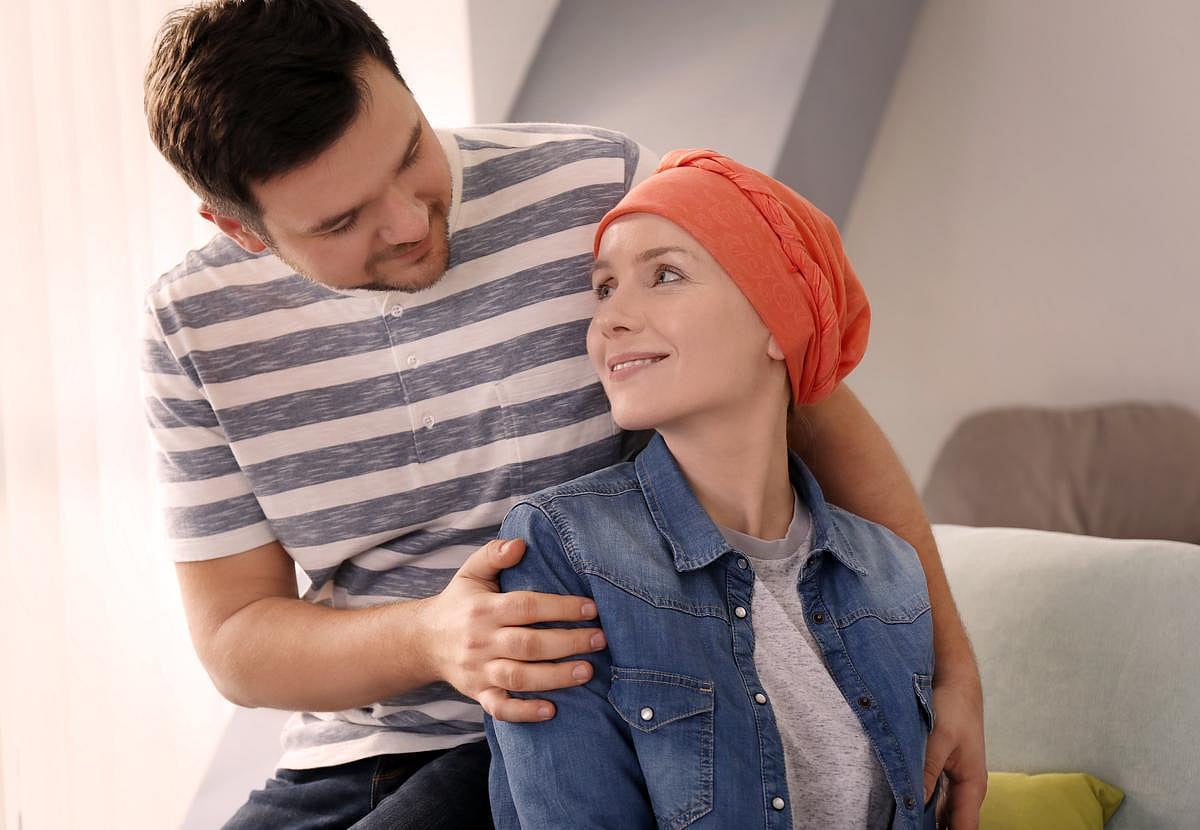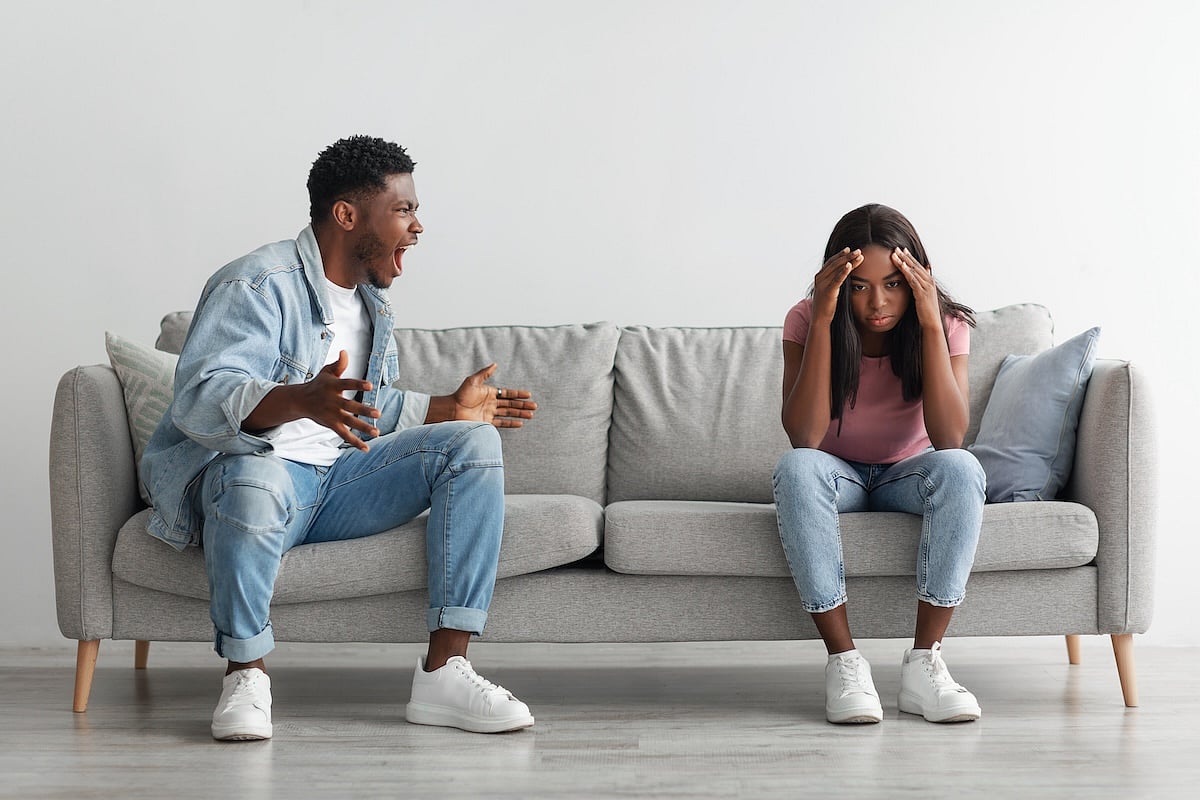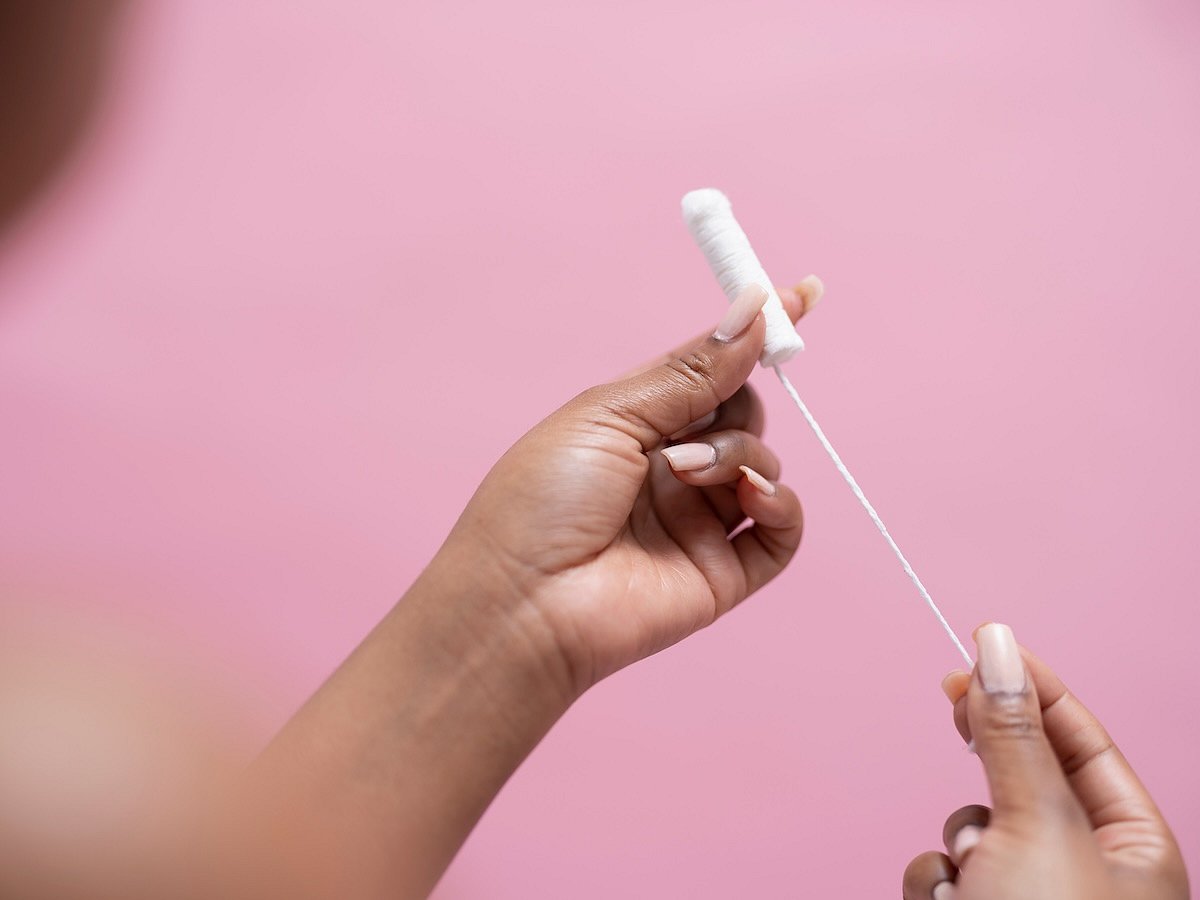Get Healthy!
Staying informed is also a great way to stay healthy. Keep up-to-date with all the latest health news here.
01 Oct
Breast Cancer Death Rates in the U.S. Continue to Drop
The overall breast cancer mortality rate has dropped 44% since 1989, but researchers say not all women are benefitting from this progress.
30 Sep
What Do Families Fight About the Most? Interesting Answers from a New Study
From arguing about money to fighting over household chores, a new study looks at the top reasons American families are living with conflict.
27 Sep
Using Marijuana and Tobacco for Chronic Pain Relief May Backfire
A new study out of Duke University finds many patients with chronic pain are co-using pot and tobacco, and the combination may actually amplify pain in the long run.
GLP-1 Weight-Loss Meds Could Interfere With Endoscopy, Colonoscopy
Food left in the stomach or stool left in the bowel can impede a doctor's ability to successfully perform an endoscopy or colonoscopy.
Now, research finds this scenario is more likely if the patient is taking popular new weight-loss meds such as Ozempic, Wegovy, Mounjaro or Zepbound.
For these patients, "inadequate bowel preparation ...
- Ernie Mundell HealthDay Reporter
- |
- October 1, 2024
- |
- Full Page
U.S. Breast Cancer Deaths Keep Declining, Though Disparities Remain
While women overall are less likely to die of breast cancer now, some alarming disparities remain, a new American Cancer Society (ACS) analysis warns.
Death rates for American Indian and Alaska Native women haven't changed for the past 30 years, according to the new report. And breast cancer incidence continues to grow -- rising 1% a year ...
- Carole Tanzer Miller HealthDay Reporter
- |
- October 1, 2024
- |
- Full Page
California Bans 6 Artificial Dyes in Foods Served at Public Schools
A new law just passed in California makes it the first state to tell public schools they may no longer serve foods that contain six artificial dyes linked to health and behavior problems among children.
Gov. Gavin Newsom signed the California School Food Safety Act into law on Saturday. It bans Red 40, Yellow 5, Yellow 6, Blue 1, Blue...
- Robin Foster HealthDay Reporter
- |
- October 1, 2024
- |
- Full Page
Helene's Aftermath: How to Safely Enter, Clean Flood-Damaged Homes
Following the historic destruction of Hurricane Helene, many Americans must now return to their mangled homes and begin the heartbreaking task of clean-up.
After making landfall in Florida near Tallahassee as a ferocious Cat 4 storm on Thursday, Helene caused record-breaking storm surges in Tampa, flash flooding in Atlanta and power outag...
- Robin Foster HealthDay Reporter
- |
- October 1, 2024
- |
- Full Page
Outbreak of Ebola-Like Marburg Virus in Rwanda Has Killed 8 People
A rare, highly contagious Ebola-like virus has claimed eight lives in Rwanda, and U.S. health officials are closely monitoring the outbreak.
Marburg virus causes a rare hemorrhagic fever that has no authorized vaccine or treatment.
No cases related to the Rwanda outbreak have been reported in the United States, and the current ...
- Carole Tanzer Miller HealthDay Reporter
- |
- October 1, 2024
- |
- Full Page
Bogus 'Conversion Therapy' Leads to Higher Risk of Mental Illness for LGBT People
Besides being useless in altering a person's sexuality or gender identity, so-called "conversion therapy" or "conversion practice" can greatly raise the odds that an LGBT person experiences mental health issues, new research finds.
Questionnaires completed by over 4,400 LGBTQ+ Americans found that having undergone these bogus interventions...
- Ernie Mundell HealthDay Reporter
- |
- October 1, 2024
- |
- Full Page
COVID Shot Lowers Your Odds for COVID-linked Heart Trouble
While rare, heart-related side effects sometimes follow a COVID-19 vaccine shot, new research shows that's more than offset by heart-healthy benefits.
Folks who are fully vaccinated are significantly less likely to develop serious heart problems stemming from a COVID infection, the study found.
"The increases in cardiovascular risk w...
- Carole Tanzer Miller HealthDay Reporter
- |
- October 1, 2024
- |
- Full Page
Outpatient CAR-T Cancer Therapy Can Be Safe, Effective
Patients with a fast-spreading blood cancer respond well to outpatient treatment with CAR-T therapy, the largest study examining its use in a community setting has found.
CAR-T is shorthand for chimeric antigen receptor therapy. In this treatment, doctors remove the patient's own white blood cells, tweak them in a lab and then infus...
- Carole Tanzer Miller HealthDay Reporter
- |
- October 1, 2024
- |
- Full Page
Black, White Cancer Patients Now Benefit Equally From Cord Blood Therapy
Blood cancer patients of all races who receive cord blood transplants are now living longer.
The finding, reported by a team led by oncologist Dr. Karen Ballen, of UVA (University of Virginia) Health, shows that a previously identified survival gap for transplant recipients has been eliminated.
"Outcomes for cord blood transplants ar...
- Carole Tanzer Miller HealthDay Reporter
- |
- October 1, 2024
- |
- Full Page
Drug Industry Taking Bigger Role in Clinical Cancer Trials
Clinical trials sponsored by Big Pharma enrolled eight times as many patients as U.S.-government trials did between 2018 and 2022, new research shows.
The study -- conducted by researchers at Fred Hutch Cancer Center in Seattle -- underscores the lack of investment in federally funded studies and a growing reliance on industry research. Th...
- Carole Tanzer Miller HealthDay Reporter
- |
- October 1, 2024
- |
- Full Page
Could a Cheek Swab Predict When You Might Die?
A new test called CheekAge, based on a quick swab of cells in the mouth, might someday be used to predict how long a person has to live, developers report.
The test tracks what are known as epigenetics: The way in which a person's environment or lifestyle affects how their genes function throughout the life span.
A key marker of epi...
- Ernie Mundell HealthDay Reporter
- |
- October 1, 2024
- |
- Full Page
Falling Linked to Raised Risk of Dementia in Older People
More than 14 million seniors a year take a tumble, and those falls can be life-changing.
"The relationship between falls and dementia appears to be a two-way street," said Molly Jarman, senior author of a new study showing that cognitive decline may increase an older person's risk for a fall and the trauma that follows a fall may als...
- Carole Tanzer Miller HealthDay Reporter
- |
- September 30, 2024
- |
- Full Page
Shorter Course of Breast Cancer Radiation Won't Affect Breast Reconstruction
A shorter course of post-mastectomy radiation doesn't jeopardize a patient's chances of successful breast reconstruction, a new study finds.
About 40 percent of people with breast cancer have mastectomies, followed by five to six weeks of radiation therapy to kill any cancer cells that may remain in the chest wall or lymph nodes. Most opt ...
- Carole Tanzer Miller HealthDay Reporter
- |
- September 30, 2024
- |
- Full Page
Cluster of 8 Possible Human Bird Flu Cases Now Reported in Missouri
In what could be the first cases of bird flu spreading between humans in the United States, a group of potential H5N1 infections in Missouri has now grown to eight.
Antibody tests to confirm any H5N1 infection are still pending.
After a patient with bird flu was hospitalized last month, state and federal health officials first determ...
- Robin Foster HealthDay Reporter
- |
- September 30, 2024
- |
- Full Page
Good Sex and Self Esteem Often Go Together, Study Finds
There's a strong link between self-esteem and good times between the sheets, a new study suggests.
Folks ranking high in self-esteem also tended to rate their sex lives as satisfying, reported a team from the Universities of Zurich and Utrecht, in Switzerland and The Netherlands.
The effect could work in both directions, researchers ...
- Ernie Mundell HealthDay Reporter
- |
- September 30, 2024
- |
- Full Page
What Do Families Fight About Most? New Study Finds Out
In a world where families may be more apt to interact with technology than with one another, some things never change.
Many still struggle to get along. But just what do 21st century families fight about?
A new survey of 593 parents with at least one child between the ages of 4 and 17 offers some clues — and the flashpoints ar...
- Carole Tanzer Miller HealthDay Reporter
- |
- September 30, 2024
- |
- Full Page
Synthetic THC May Calm Agitation in Alzheimer's Patients
A synthetic form of the active ingredient in cannabis helps reduce agitation in people with Alzheimer's, new research shows.
Synthetic THC (dronabinol) also gave patients' caregivers a boost, according to findings presented Thursday at a meeting of the International Psychogeriatrics Association in Buenos Aires.
The findings may prov...
- Carole Tanzer Miller HealthDay Reporter
- |
- September 30, 2024
- |
- Full Page
Despite Progress, America's Fight Against Toxic Lead Far From Over
Toxic lead continues to pose a danger to U.S. consumers despite years of progress to reduce exposure, claims a study spanning four states.
"Consumer products were consistently identified as one of the main sources of lead exposure -- and the only identified source in 15 percent to 38 percent of cases -- in investigations of children with e...
- Carole Tanzer Miller HealthDay Reporter
- |
- September 30, 2024
- |
- Full Page
1 in 3 Teens Have Trouble Obtaining Menstrual Tampons or Pads
One in every three girls may not have access to menstrual products, something researchers are dubbing "period poverty."
“Our study highlights the widespread nature of period poverty and the need for broad actions -- both locally and nationally -- to increase the affordability and accessibility of these products for youth,” said...
- Ernie Mundell HealthDay Reporter
- |
- September 30, 2024
- |
- Full Page
Black Babies With Heart Abnormalities Face Higher Death Risk
Black American infants born with congenital heart disease are less likely to survive to the age of 1, compared to white babies with the condition, a new study finds.
The research suggests that Black infants aren't reaping the same benefit from recent advances against heart defects, the researchers said.
From 2005 to 2019, “the ...
- Ernie Mundell HealthDay Reporter
- |
- September 30, 2024
- |
- Full Page



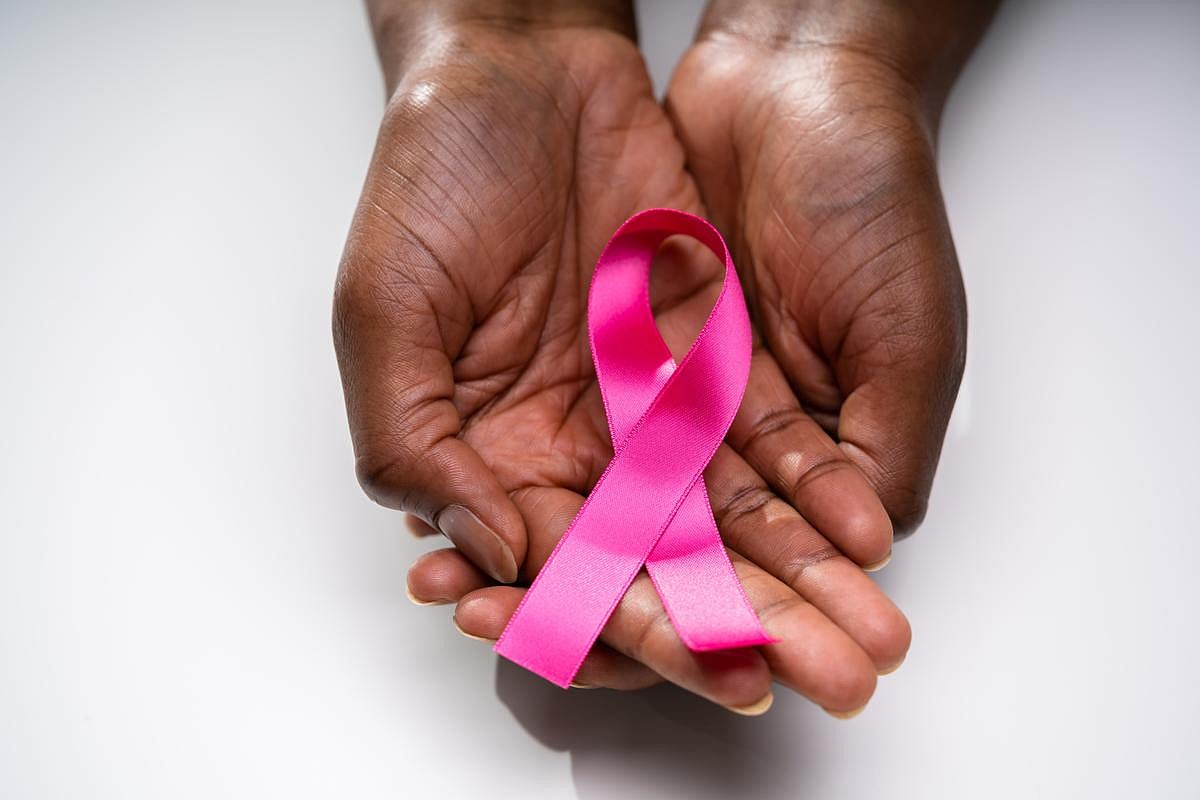



.jpg?w=1920&h=1080&mode=crop&crop=focalpoint)


